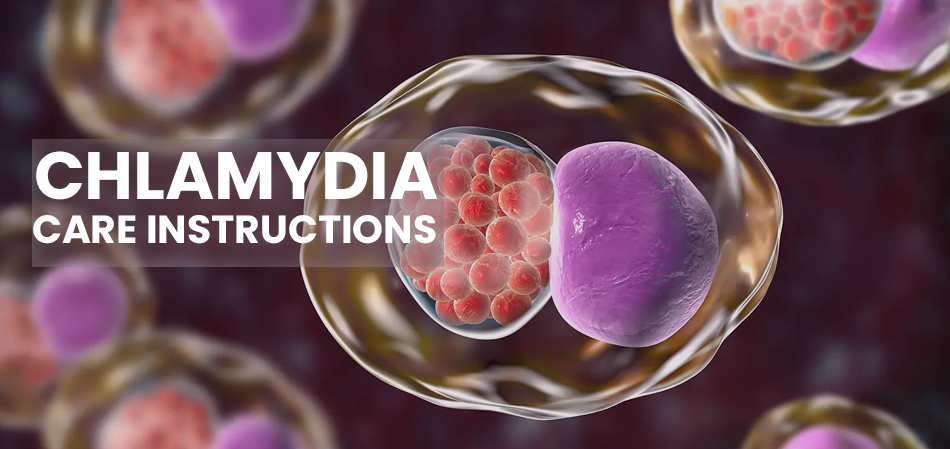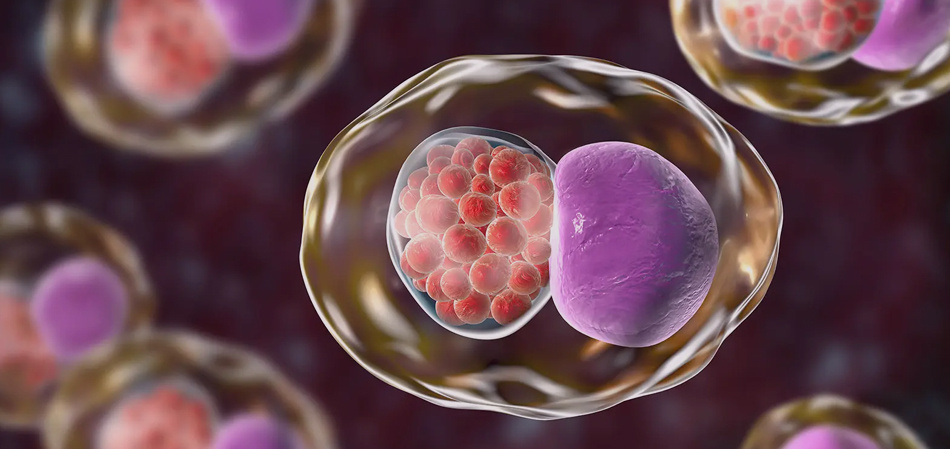Chlamydia in teens and young adults
Looking for an online consultation for chlamydia? Getcare MD provides you with the most effective treatment strategies available. By answering a few questions, find out what the condition is and how we can help in the comfort of your own home.
Overview
Chlamydia is one of the most common sexually transmitted diseases most prevalent among teens and young, sexually active adults. It is a bacterial infection caused by the organism chlamydia trachomatis and is spread by oral, anal or vaginal sex. Most people do not have obvious clinical manifestations and can stay asymptomatic. All sexually active women under the age of 25 should get a chlamydia checkup and examination every year or whenever they start seeing a new partner. In addition, pregnant women under the age of 25 and gay, bisexual, and other males who have sex with men—regardless of condom use—should also get tested.
Chlamydia signs and symptoms
If you do have chlamydia symptoms, they can take several weeks after you got the infection to show up. Symptoms of chlamydia can appear in both men and women, including:
- pain or burning while micturition or sex
- post- coital bleeding
- abnormal vaginal discharge (may be yellowish and have a strong smell)
- pus or a watery/milky discharge from the penis
- swollen or tender testicles
- pain, discharge and/or bleeding around the anus
How can you care for yourself at home?
With GetCareMD, you can schedule a Chlamydia consultation online and receive a prescription for antibiotics based on the doctor’s recommendation. The most common antibiotic for chlamydia is doxycycline. Healthcare providers usually prescribe a 100-milligram dose, taken twice a day for seven days. If you can’t take doxycycline, your healthcare provider may recommend azithromycin or levofloxacin instead. Azithromycin is the first-line choice for treating chlamydia in pregnant people.The treatment you receive depends on your symptoms, the severity of the infection, and other health factors.
Take antibiotics as instructed by your doctor. It’s important to continue taking them even if you feel better. A full course of antibiotics is required.
When receiving treatment, avoid having any kind of sexual contact with anyone. It is recommended that you wait at least 7 days after taking a single dose of antibiotics before having sex. It is possible for you and your partner to pass on the infection even if you use a condom.
Any person with whom you had sex within the last 60 days should be treated for chlamydia as well if you have been diagnosed with the disease. After finishing your treatment for chlamydia, you should get tested again three months later to rule out a second infection.
Get chlamydia consultation online
Get in touch with GetCare MD to find out about your condition and its associated symptoms.
Book an online appointment with GetCare MD healthcare specialists to discuss the possible treatment options of chlamydia with the most effective outcomes. Your treatment will be based on your symptoms severity and other health conditions.



